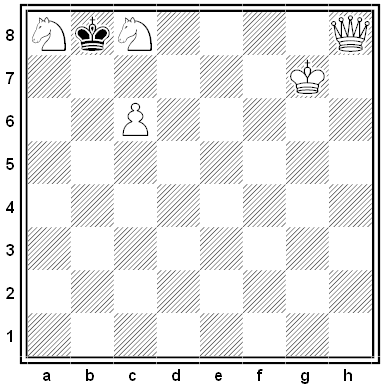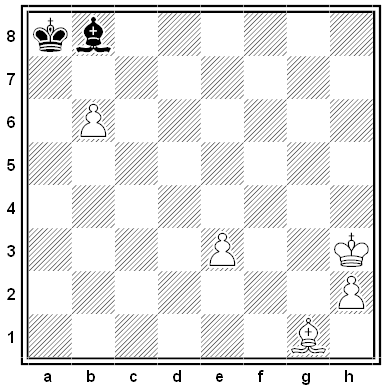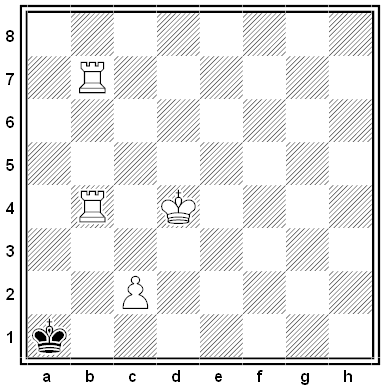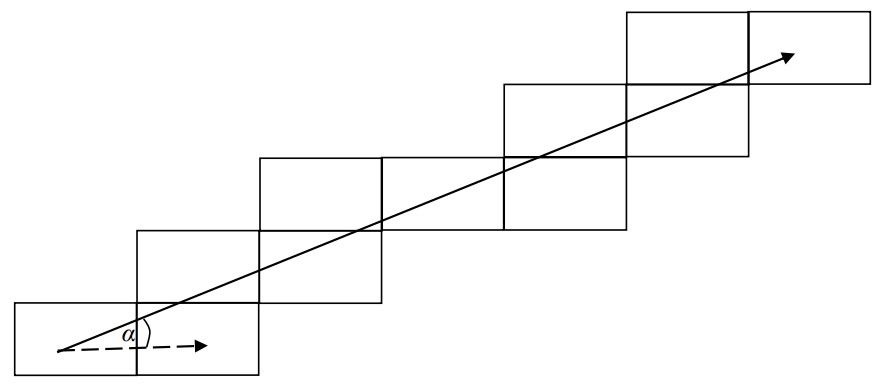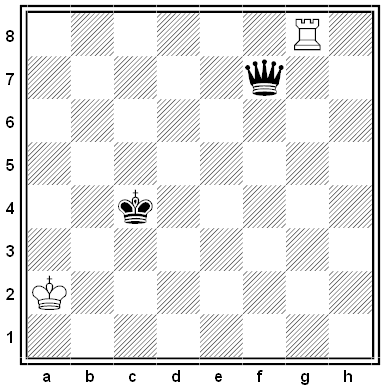
A puzzle by A. Kozlov from the Soviet popular science magazine Kvant:
Watching a solar eclipse, a girl asks her father how much farther away is the sun than the moon.
He says, “As far as I remember, 387 times farther.”
She says, “Then I can figure out how much greater is the sun’s volume than the moon’s.”
He thinks about this and says, “I think maybe you can.” How can she do this?


